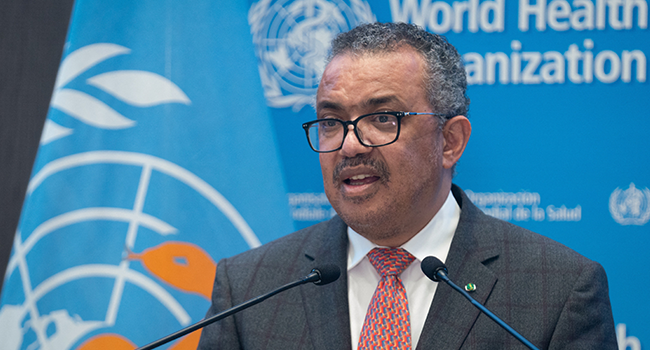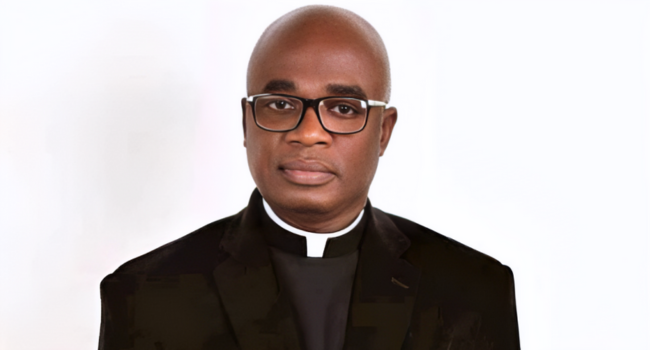
Arun SANKAR / AFP
Indian security forces clashed with angry residents who flouted a pandemic lockdown in the city of Ahmedabad on Friday as the country saw a surge in coronavirus deaths and cases that is predicted to worsen.
While authorities have insisted that the crisis is under control in the country of 1.3 billion people, experts have warned of an increasing toll despite a six-week-old nationwide lockdown.
The stay-at-home orders are being eased in many areas of India, but have been toughened in Ahmedabad and other cities in the western state of Gujarat, which has become one of the country’s worst pandemic hotspots.
Seven hundred paramilitary troops patrolled Ahmedabad and the other main cities of Surat and Vadodara in a bid to keep people off the streets. Virtually all stores have been ordered to stay closed for at least a week.
Trouble erupted late Friday when hundreds of people breached the lockdown. Police said “a mob” hurled stones at them and they responded with tear gas and baton charges. At least 15 people were detained.
Another 22 coronavirus deaths — taking the total in Ahmedabad to 343 — and 269 cases were reported in the city on Friday. The city, which has a population of about 5.5 million, accounts for about 20 percent of the 1,886 deaths reported in India and 10 percent of the 56,300 nationwide cases.
With the poor suffering mounting hardship and businesses complaining, the government faces increasing pressure to ease the world’s biggest lockdown that started on March 25 and is currently due to end on May 17.
Train hospitals
But it is also battling a spike in cases in major cities like Mumbai, New Delhi and Ahmedabad.
More than 5,150 railway carriages have been put in place at 215 stations in main cities to be used as coronavirus isolation wards on wheels. The first patients could board them next week.
The number of deaths has doubled to about 100 a day in two weeks. The number of cases is doubling about every 10 days, down from 12 a week ago. Experts say the number of cases is almost certainly higher because of the low number of tests carried out and incomplete reporting of deaths.
While the number of deaths is low compared to the United States and the worst-hit European nations, health specialists say India’s pandemic curve may only peak in June-July.
Health Minister Harsh Vardhan told AFP though that India has still battled the coronavirus better than many richer countries through the lockdown and other “stringent intervention strategies”.
“India has surprised the world by handling the COVID-19 crisis in a more mature way than some of the most developed countries,” Vardhan said.
“Given all the constraints, India has worked with speed, scale, determination and decisiveness,” he insisted, highlighting how preparations started soon after China reported the coronavirus to the World Health Organization in January.
“I think that all of our strategies paid off and we prevented India from slipping into the third stage of transmission which is commonly referred to as community transmission,” he said. Community transmission is where infections have no clear source.
Vardhan said that in terms of hospitals prepared for patients, staffing, testing and the hunt for a vaccine, “I think India is moving at jet pace to ensure that we can meet any eventuality.”
AFP




